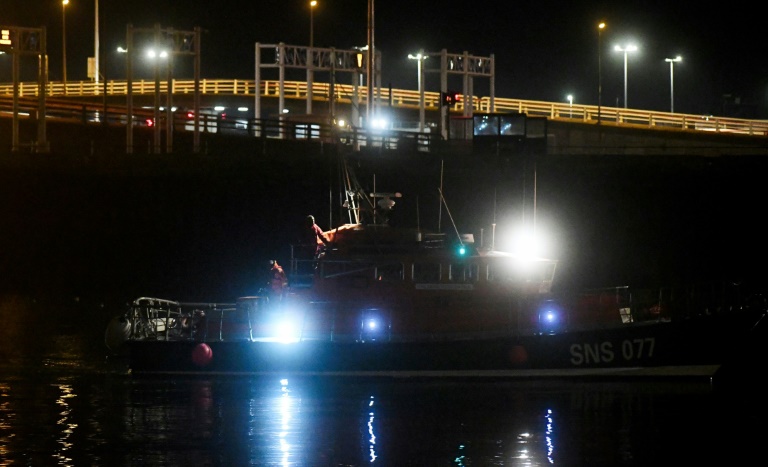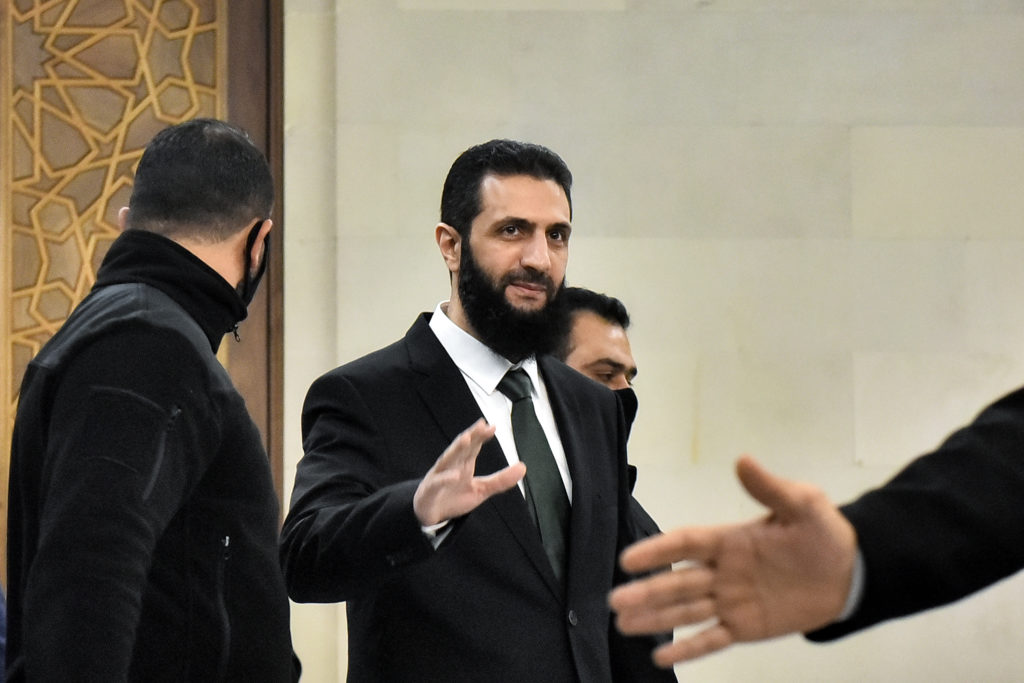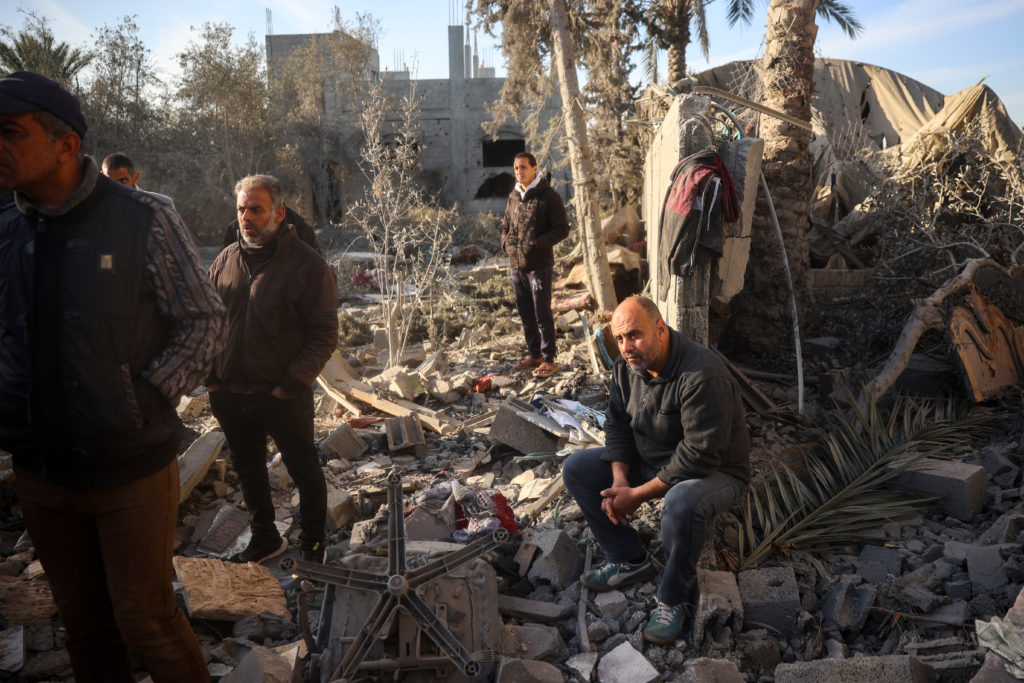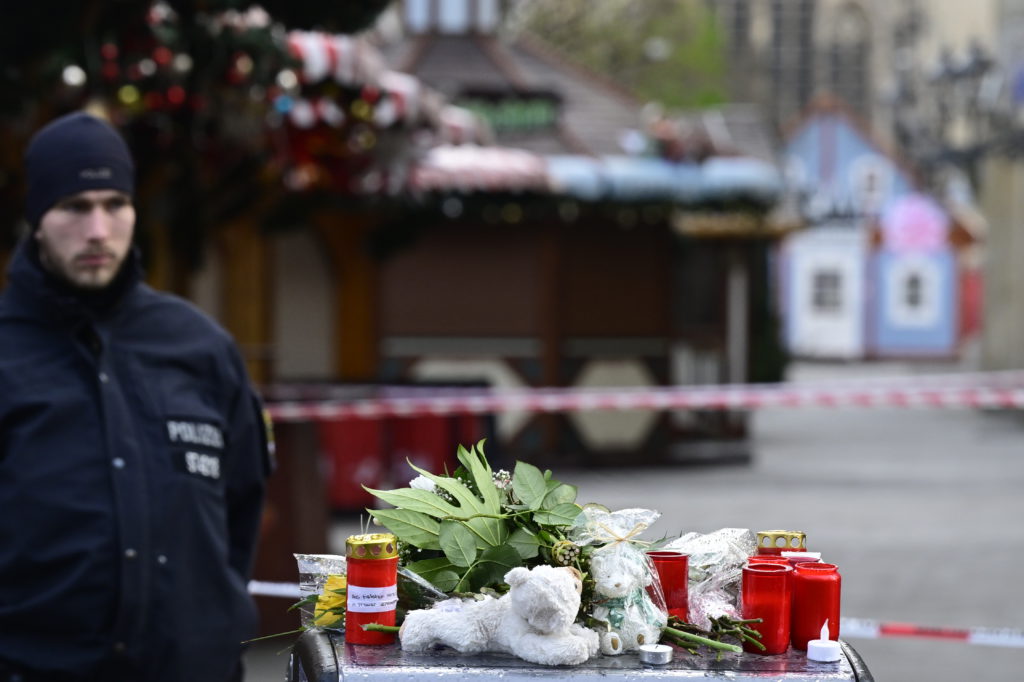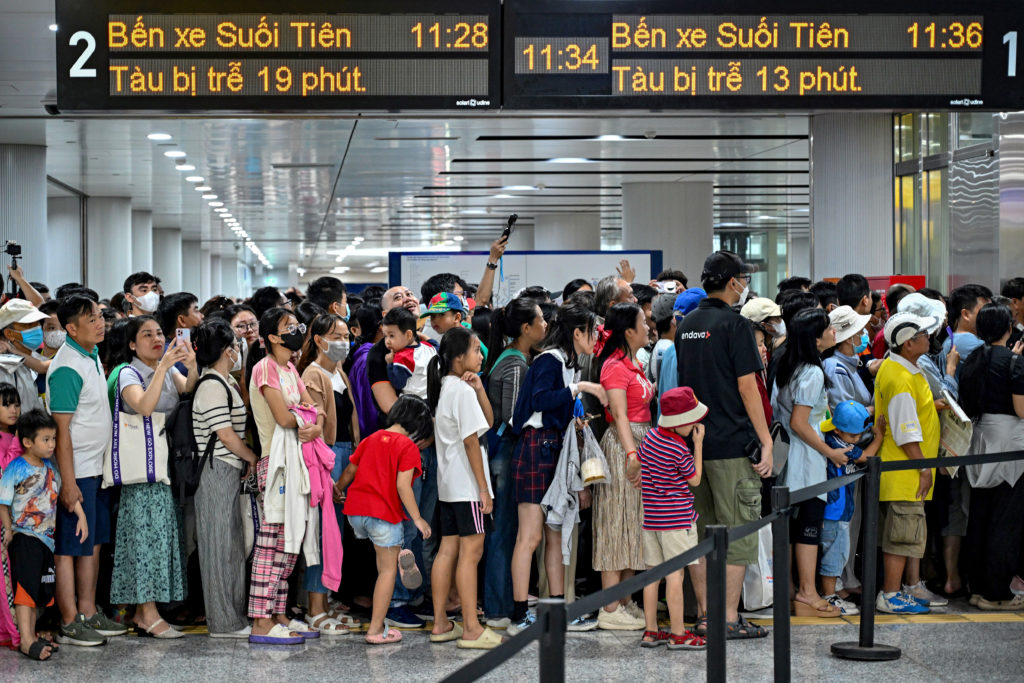Karl Maquinghen, the fisherman who alerted rescuers about the worst migrant drama in the English Channel, remains haunted by the images of bodies floating on the sea.
“Seeing so many dead like that next to us, it was really like a horror movie,” he tells a small group of journalists.
He had just disembarked in the night of Thursday to Friday from the trawler where he works as second in command, at the port of Boulogne-sur-Mer, northern France.
His voice hoarse with emotion, the bearded man in a blue overalls with 21 years experience at sea talks of his shock and how he now wants only one thing — “to hug his children”.
Wednesday’s tragedy cost the lives of 27 people, worsening tensions between Britain and France.
The 17 men, seven women and three minors drowned when their inflatable boat lost air and took on water off Calais.
Maquinghen was the first to spot a body floating in the water from the bridge of the Saint-Jacques II, before realising there were “about fifteen… dead people, children”.
“We could not see those who didn’t wear life jackets” except for one, dressed in black with a plaid shirt, who floated “not even a metre (three feet)” from the boat, he recounts, close to tears.
– ‘Afraid to haul up nets’ –
Maquinghen immediately alerted the Cross Gris-Nez or regional centre which monitors the Channel and coordinates migrant rescues.
“The coast guard was not far away… They came straight away,” Maquinghen recalls.
“If we had arrived five minutes earlier, we might have been able to save them.”
He says he can’t sleep since the trauma.
“As soon as you close your eyes, you see the bodies again…
“We were even afraid to haul up the nets — for fear that there would be someone else inside there.”
Those who try to reach England on frail boats have been part of his daily life for months though he has never before experienced anything like Wednesday.
Especially since this summer, which has seen a surge in crossings, he often spots boats — “every day, every half hour, it happens”.
From the start of the year until November 20, some 31,500 migrants have left the French coast for Britain.
“The Cross told us that as long as they didn’t ask for assistance and the engine was still running, we couldn’t take them on. So we don’t take them on, we listen to the Cross,” he says.
– ‘Not long to die’ –
Maquinghen says he expects to witness another drama unless the authorities take action.
“I think it’s the first but it won’t be the last time… It will happen every day, especially at this time” with winter approaching, he says.
“In my opinion, it doesn’t take long for them to die” with the sea temperature at 10-12 degrees Celsius (50-54 Fahrenheit).
Whereas in previous years attempted crossings decreased with the onset of cold weather, this year they continue unabated, with even a new record set on November 11 when 1,185 migrants managed to land on the English coast.
Maquinghen says he feels helpless rather than angry.
“Who do you want me to be angry with? Nothing can be done. Or else, open the tunnel” under the Channel which migrants once used to reach England before security was tightened.
Despite the trauma, Maquinghen says he will return to sea in the coming days.
“It’s our job. We have to go back on board. We have to feed our families,” he says.

